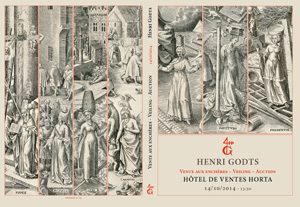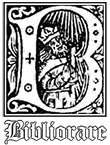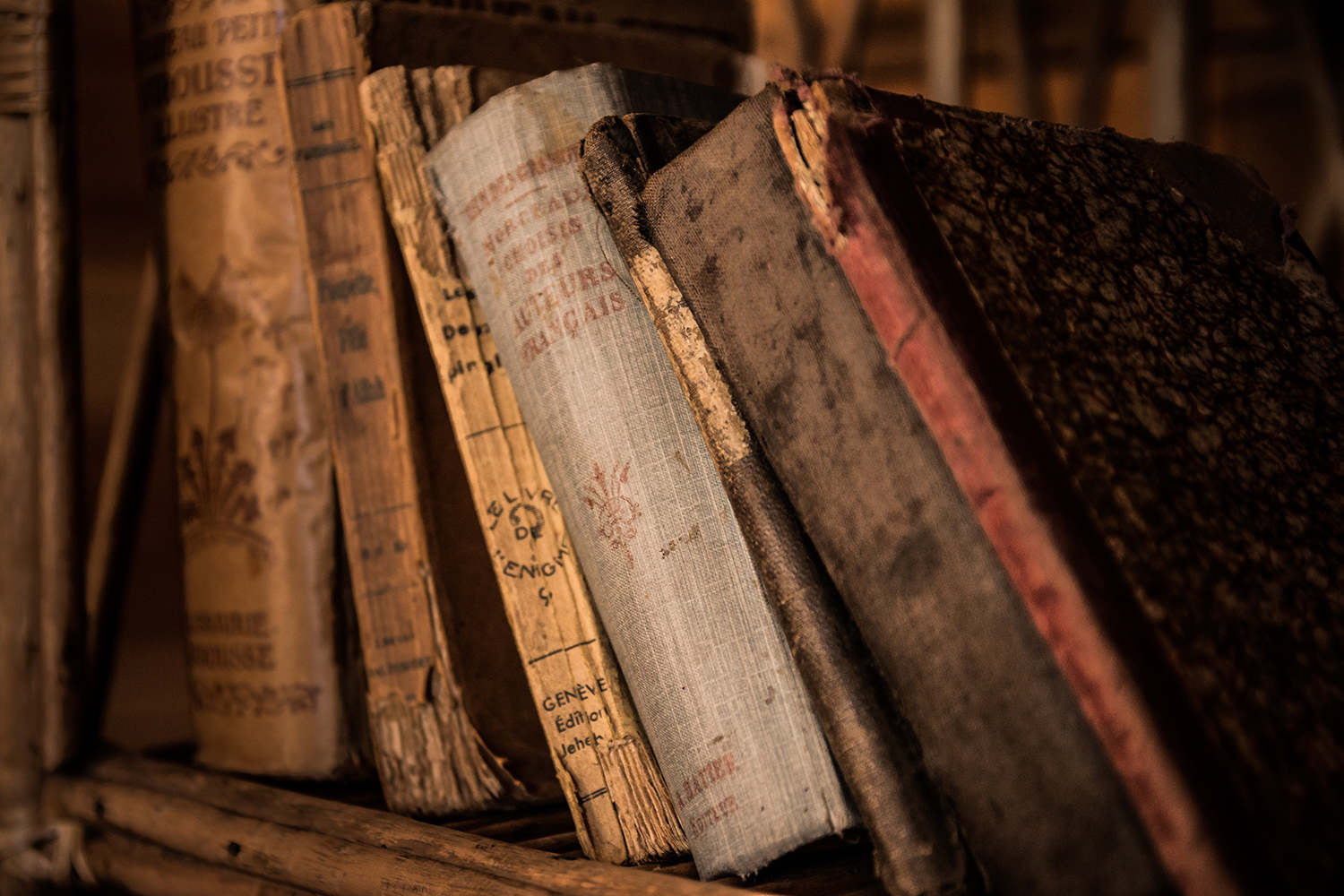(Auteur de l'antiquité) - Ens. 3 ouvr. en 4 vol. - MARTIALIS, Marcus Valerius.- Epigrammaton libri XIIII [...]. Lugduni, apud Joannem Frellonium (excudebat Symphorianus Barbierus), 1559. In-16° : 335 pp. (slightly browned, dampstains, some foxing...
Description
Martialis, born in Spain (c. 38/40-c. 100/103), lived most of his life in Rome under some of the most notorious Roman Emperors. He is known as one of the greatest epigrammatists whose work still remains very enjoyable to read and never appears dated. This edition is given by the French humanist Jean Boulier. Copy entirely ruled; printer's mark on title-page. # Baudrier V-248; # Adams M-707; # USTC 206082; # not in Machiels, Soltész, STC French. ▲ Provenance : unidentified emblazoned supra libros with a fess in the center, three stars above and below a hand pointing out a star; "Francisci de Rubeij" (handwritten mention). Joint : (1). QUINTILIANUS, Marcus Fabius.- Oratoriaru[m] institutionu[m] libri. XII [...]. Parisiis, ex officina Claudii Chevallonii, 1527, in-8° contemporary vellum (without the 2d part containing the "Declamationes", slightly browned, dampstains, large in the end, marginal wormholes, some stains, small hole in lf. 125, tears in last lf.).— (2). APULEIUS, Lucius.- Opera, quae quidem extant, omnia [...]. Basileae, per Sebastianum Henricpetri, [1597], 2 (on 3) vol. in-8° contemporary parchment (3rd vol. lacking, strongly browned, foxing). ^ Édition des Épigrammes donnée par J. Boulier. Plein vélin souple armorié de l'ép. (lég. bruni, mouill.). Avec un post-incunable de Quintilien et un ouvrage d'Apulée joints.



